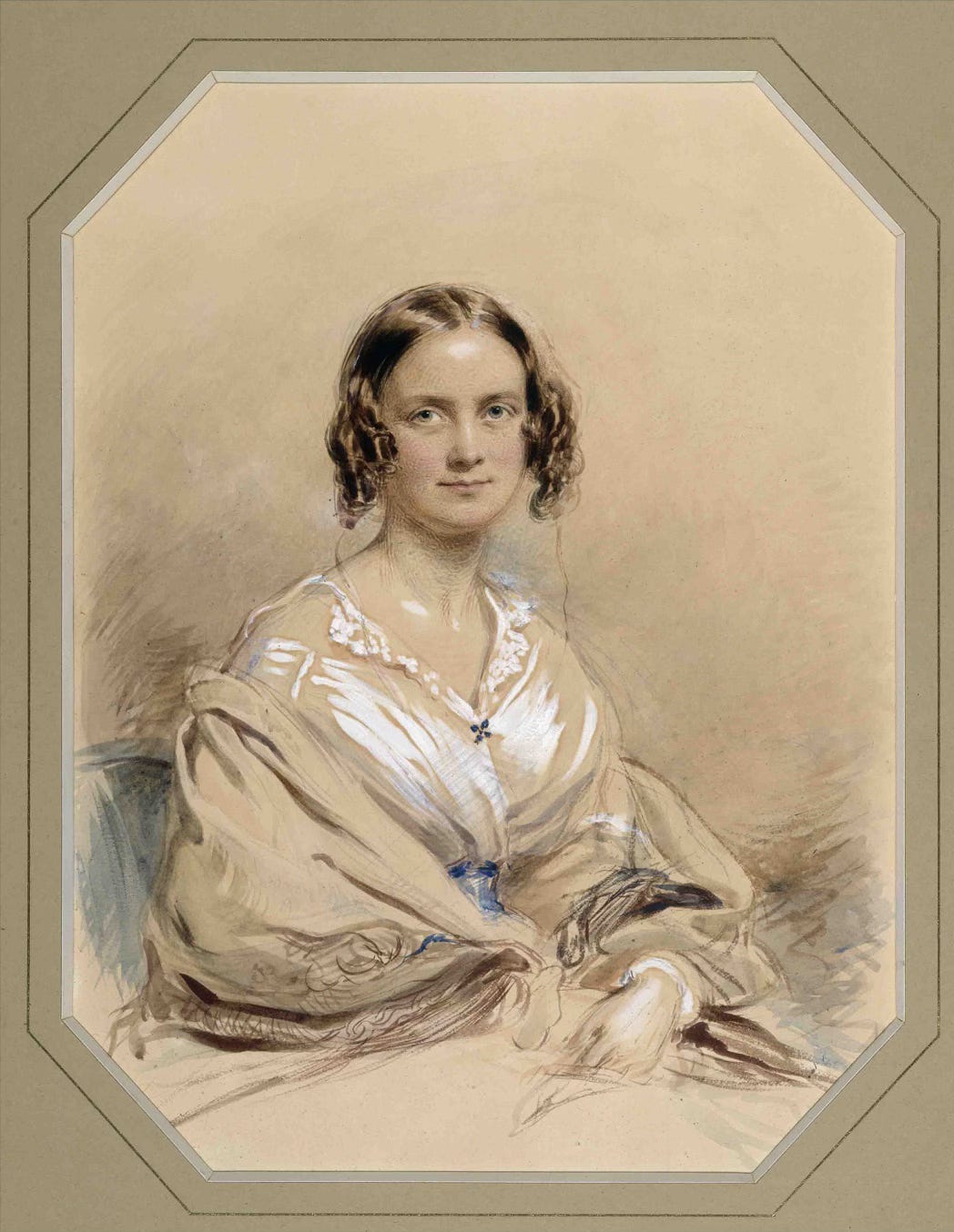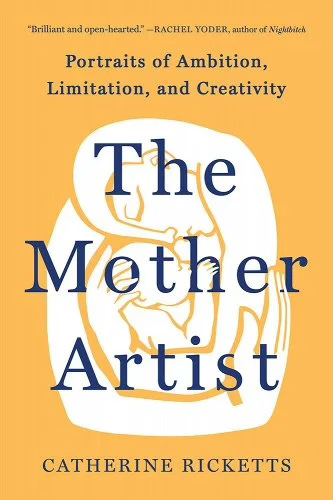White Guys Explain Privilege to Me
Are they doing this to you, too? And if so, isn't a bit like the illness masking as the cure?
Hello! Welcome to my very occasional newsletter, The Slow Take, where I write about the strange beauty of being human—or sometimes (like today) just the straight-up strangeness. I’m glad you’re here.
I was at a conference-style event recently, where academics stood behind tables and explained their research to people. The research was wide-ranging: the behaviors of premenstrual rats, the experiences of invisibly disabled students, the process of linocut print-making…. The room contained lots of different experts!
It was a fascinating place, but one phenomenon stood out: Within a two-hour span, two different white men dropped their knowledge of privilege into conversations. At first I was like, I appreciate you, Stranger, for acknowledging privilege in this casual conversation. But both times, things got… a little weird.
Exhibit A: A scientist is explaining Charles Darwin’s financial situation to me. The scientist mentions Darwin’s parents’ professions. He explains the ways Darwin’s inherited wealth enabled him to write The Origins of the Species. “Darwin was very privileged….” he says.
I nod in appreciation. I think of Darwin’s wife, their ten children, what it must have been like for her to care for the kids while he worked. I think about the two toddlers I raised while my husband held the full-time paying gig. I think about the doldrums of those early years of sippy cups and mashed foods. I think about how hard I worked to squeeze writing and adjunct-teaching into the razor-thin margins of my days so that I could eventually land where I am now, in a full-time professor position.
In my conversation with the scientist, I want to name Darwin’s wife; I want to bring her labor into this massive conference room. Before I can, the scientist says again, “Darwin was very privileged…” and then he adds, “Like us.” He looks around the room in a gesture, and I can’t tell whether the scientist has conflated his privilege with mine—which, while overlapping, are not exactly the same—or if he’s conflated his privilege with everyone else’s in the room, a room that contains visibly disabled folks and people of color.
Exhibit B: An educator is explaining to me the equity issues of typical teaching practices. “Say you’re a teacher, and you want your class to engage in a discussion,” he explains. “Usually, you ask a question and wait for the hands to raise.”
I nod. I have two decades of teaching experience and a masters in the subject. I know the issues with this approach, and I’m glad he’s talking about it.
“Two hands pop up,” he says, “and you call on one.” He explains that the conversation will become a back-and-forth between the instructor and just a few students.
“And those early hand-raisers are usually male,” I say, “and….”
“WHITE GUYS LIKE ME!” the educator shouts.
It’s so loud I laugh.
“I just interrupted you to say that!” he shouts again.
“Well played,” I say, appreciating a good meta-moment. I think the meta-moment will lead the educator to offer something like “My apologies…” or “Please, continue….”
But he doesn’t. He just barrels through his explanation of the teaching strategies that solicit more equitable verbal responses from a diversity of students, while I, an educator of twenty years, stand and listen.
What is this, friends? What is happening here? Is this a national trend? Are white guys doing this to you, too? Are they doing this to each other?
And why is it happening? Is it because men like to explain stuff to people, and white men don’t know what else to do with the knowledge of their privilege but explain it to people?!
And if this is the case, doesn’t it a little bit feel like the illness masking as the cure?
Not all white dudes do this, a sentence that sounds uncomfortably similar to #notallmen. But I think it’s worth noting that it’s fully possible to be a white guy, particularly one who’s aware of privilege, and not privilege-splain to those around you. I live with one, and I talk with him for sometimes hours a day, and he has never, ever done this.
Being human is tough, and humans the-globe-over are experiencing varying levels of awakening right now, including white men. And I’m glad—genuinely—that these men are suddenly aware of at least the concept of privilege. I’m also glad for more advanced understandings, like when I told a white male colleague that I was having trouble with a certain male student. My colleague said he was not having that problem with the same student, but he posited that perhaps his own maleness was playing a role in the student’s response to him. In other words, maybe I was experiencing gender bias. I appreciate these moments. They did not happen for me twenty years ago. Thank you, white guys, for these moments.
But the reaction of explaining privilege to people with visibly less privilege seems like a pathology of the very privilege a white dude is trying to demonstrate his profound awareness of. Audre Lorde’s quote comes to mind: “The master’s tools will never dismantle the master’s house.”
Also, maybe white women are doing this to women of color? Non-disabled folks are doing this to disabled folks? Maybe I, and perhaps you, are not immune to this phenomenon? Ours is a culture in which exerting one’s expertise is so lauded that we devote whole conference rooms to it. Maybe, in such a culture, privilege-splaining becomes a way for those in power to garner even more power. Phew.
And if that’s the case, then we all have to be a little on-guard about our tendency to do this. But saying “we all” might be the equivalent of the scientist gesturing to a room of scholars and saying, “Darwin was very privileged… Like us.” In other words, some of us need to be much more on-guard than others.
At this event, I was displaying my research too, which included not just a memoir about unlearning my ableism but a collection of poetry called Psalms of Unknowing. My predominant posture, both in writing and in life, is one of unknowing. I think there’s a lot to be gained by a stance of questioning and curiosity, of doubt and wonder. I have, for years, kept a Linda Barry quote as my Facebook wall banner: “Everyone came to a realization that their certainty was what was wrong.”
And sure, I’ve been in plenty of patriarchal spaces where my beloved posture of uncertainty is perceived as a pathology. But if privilege-splaining is a symptom of power’s illness masking as its cure, then maybe the cure for privilege-splaining is what power perceives as an illness. In other words, maybe folks just need more uncertainty. More doubt and wonder and awe.
If so, I have tips for that! Here are my tips for white dudes, or for any folks, who find themselves wanting to privilege-splain:
Breathe more. Breathing will let others speak.
Pause more. Pausing will let others speak.
Ask questions. Asking questions will let others speak.
Read this Linda Barry quote. Tape it to your bathroom mirror.
If you find that this quote deeply affects you, resist later lecturing to people about all the ways that their certainty is what is wrong.
Cultivate a literal posture of uncertainty. Of curiosity and wonder. Do you remember when some expert told us we should all stand like super heroes in the morning, fists on our hips, head looking proudly upward, as if a cape flew behind us and we were about to conquer the world? Power Stance, they called it. Try an Anti-Power Stance instead. Each morning, hold for a few minutes a posture that induces a state of total unknowing. Squat in the dirt and feign weeping. Stand unevenly on one leg while holding your shoulders up, as in a perpetual shrug. Or lie flat on the ground and stare into the sky, that vast expanse that will always, always be larger than you.
Those are my tips. What are yours? And feel free to share your experiences of privilege-splaining in the comments below.
News
I have a new essay in The Offing called “Have You Ever: Mammogram Edition”! I hope you’ll give it a read. Here’s a snippet:
My boobs went from fruits to flappy pockets. Two white specks in my body remind me that one day—maybe not now, but one day—the afters will end. The days are finite. And they move in one direction. I sometimes still dream that my breasts are full of milk, hard as fists holding onto something. But there is no returning, no walking back into the waiting room with a bulbous belly, no catching a glimpse of the little body inside me for whom I will care for eternity. There is no eternity. Why do I keep forgetting this?
My friend Cat Rickett releases her beautiful book, The Mother Artist, this month! In it, she masterfully weaves intimate personal stories of motherhood with gorgeously rendered encounters of art made by mothers. Her writing is generous, inspiring, hopeful, sensitive to the diversity of motherhood experiences, and absolutely beautiful. I highly recommend it for every artist, because it serves as inspiration for us who seek to create in the confines of our lives. But it’s also a remarkable celebration of women’s creative power. (Hint, Hint: Mother’s Day gift!) You can preorder today.







It all comes down to one thing: Humility. For the last I-don't-know-how-many years (decades?), we've been raising kids without any humility. Every kid gets a certificate. Every kid is special. No one is humble anymore...and that leads to undeserved hubris. Like white male-splaining.
This is good stuff. It strikes me that just because people listen doesn't mean they hear. Also, privilege and disability, especially invisible disability, are strange bedfellows.